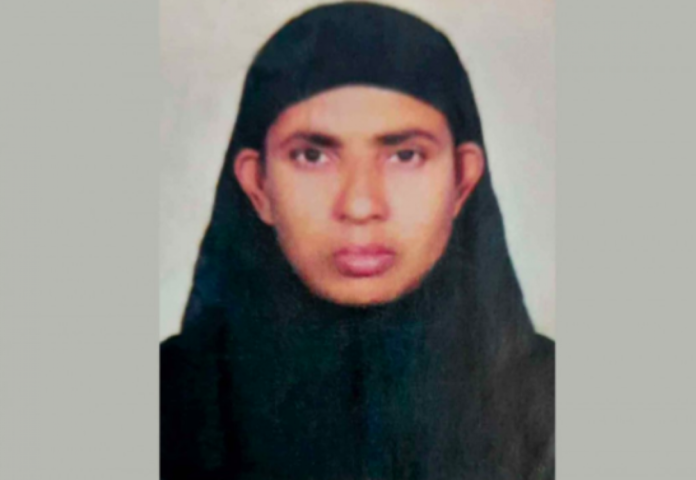A Saudi woman has been given the death penalty for torturing and murdering her Bangladeshi maid.
The Riyadh Criminal Court found Ayesha al-Jazani guilty of murdering Abiron Begum Ansar, 40, who was found dead in Riyadh in March 2019 after being beaten to death by her employers.
Her family said Ansar’s body was “unrecognisable” when she was repatriated back to Bangladesh.
The court also found Jazani’s husband, Bassem Salem, guilty of tampering with the crime scene, sending Ansar to work for other people and not paying for her medical care. He was given a 38-month prison sentence and a 50,000 Saudi riyal fine.
Walid Basem Salem, Jazani’s son, was given a seven-month sentence inside a juvenile detention facility.
During a hearing in January, Ansar’s family had requested the death penalty for Jazani instead of financial compensation.
Ansar moved to Saudi Arabia in 2017 to work as a domestic worker in the Salem family’s home of eight people.
Subscribe to our newsletter and stay updated on the latest news and updates from around the Muslim world!
Ansar’s family said she complained that her employer poured hot water on her and pushed the Bangladeshi woman’s face against a metal grill as a form of punishment.
According to official figures, over the last five years, at least 200 domestic workers have been returned dead to Bangladesh from Saudi Arabia.
The six countries that make up the Gulf Cooperation Council (GCC) – Saudi Arabia, the United Arab Emirates (UAE), Bahrain, Kuwait, Oman and Qatar – host the majority of the estimated 23 million migrant workers living in the Arab states.
In a report last year on migrant workers in the Gulf region, Amnesty International called for their rights to be respected.
The report said: “These are some of the richest countries in the world. Sadly, they have also become notorious for the systematic abuse and exploitation of the migrant workers who contribute so much to their economies. Unpaid wages, forced labour, dangerous working conditions and unsanitary accommodation facilities are too often part and parcel of the migration experience.
“All GCC states operate versions of the ‘kafala’ sponsorship system, which ties the workers’ legal right to be in the country to their contracts. This means people risk being imprisoned or deported if they leave their jobs without the permission of their employers. In Saudi Arabia migrant workers cannot even leave the country without such permission.
“The spread of COVID-19 has put migrant workers at even greater risk. Along with other organisations, Amnesty International has already raised its concerns about the impact of the pandemic on protection of migrant workers in the Gulf, where common issues like overcrowded accommodation now present a public health risk.”






















